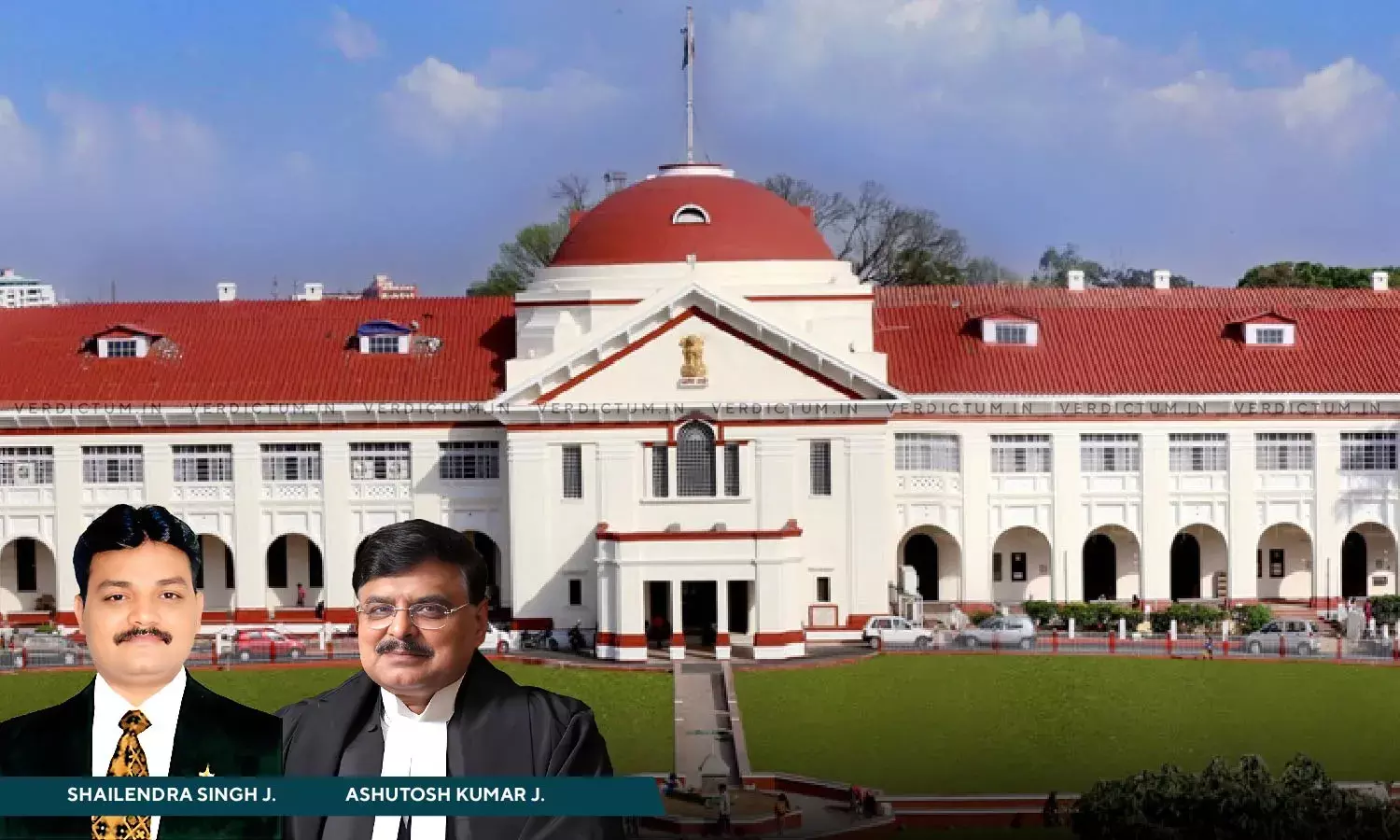Section 164 CrPC Statements Not Substantive Evidence, Only For Contradiction And Corroboration: Patna High Court Reiterates

The Patna High Court held that a statement recorded under Section 164 of the Criminal Procedure Code (Cr.P.C.) cannot be used as substantive evidence of the truth of the facts. Instead, it may be used only for the purpose of contradicting or corroborating the statements made by a witness who gave that statement. The appeal challenged the judgment of conviction in a case registered under Sections 366(A), 376, and 120(B) of the Indian Penal Code (IPC) and Section 4 of the POCSO Act, 2012.The case involved allegations of sexual assault. The victim had claimed that she was abducted, raped, and forced to consume drugged bread by the appellants.
A Division Bench of Justice Shailendra Singh and Justice Ashutosh Kumar said, “it is a settled principle of law that the statement recorded under Section 164 of Cr.P.C. can never be used as substantive evidence of truth of the facts and the same may be used only for contradiction and corroboration of a witness who makes it.”
The trial court had primarily relied on the victim's statement recorded under Section 164 Cr. P.C. to convict and sentence the appellants for various offenses.
Advocate Vikram Deo Singh appeared for the Appellant and Advocate Abhimanyu Sharma appeared for the Respondent.
The appellant's counsel argued that material witnesses had turned hostile, and there was insufficient evidence to support the allegations at the scene of the incident. They also disputed the medical evidence and the prosecution's version of events.
The High Court observed that relying solely on the victim's statements from her chief examination was inappropriate. Both her statements in cross-examination and the allegations she made did not appear credible. The Court noted that even the medical evidence did not support the prosecution's case. Importantly, the Court emphasized that a statement recorded under Section 164 Cr. P.C. could only be used to contradict or corroborate the evidence of the witness who made it and could not be treated as substantive evidence of the facts.
The Court cited the judgment in the case of Utpal Das and another vs. the State of West Bengal in support of its stance.
The Court concluded that the trial court had wrongly convicted the appellants for the offences. Therefore, it set aside the convictions, and acquitted the appellants due to inconsistencies in the victim's testimony and insufficient corroborative evidence.
Case Title: Madan Rai v. The State of Bihar
Click here to read/download Judgment


